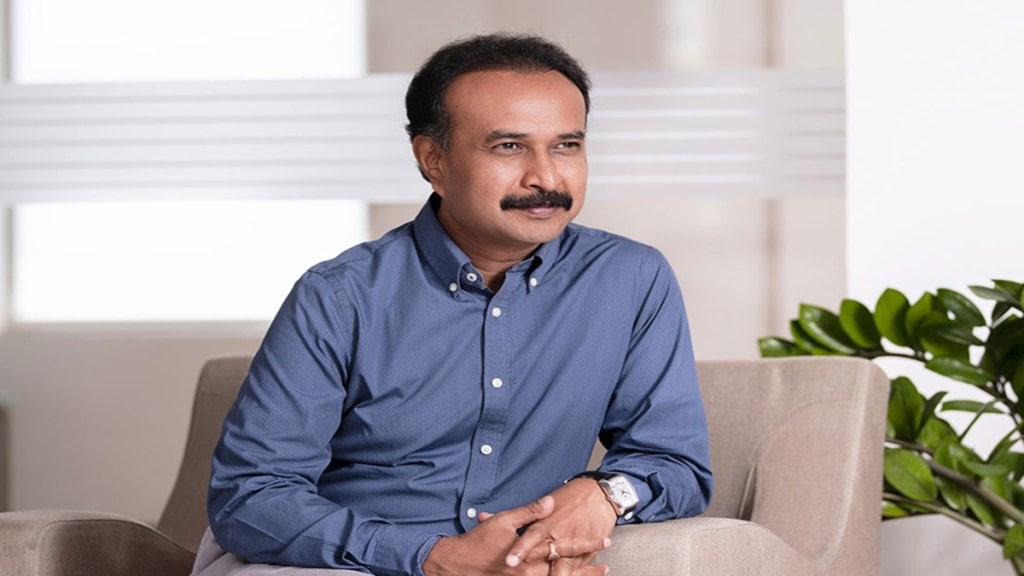The Indian startup ecosystem is gearing up for a strong year, with increased IPOs, funding recovery, and greater government support. With “Startup Mahakumbh” around the corner, India aims to cement its position as a top-three global startup hub, says Accel’s founding partner Prashanth Prakash in an interview with Ayanti Bera. Excerpts:
Q. How does India’s startup ecosystem compare to other emerging markets?
India has emerged as one of the most complete startup ecosystems among emerging markets. Unlike Southeast Asia, South America, or China, India’s startups impact multiple sectors, drive economic growth, and create a cycle of capital and entrepreneurship. “Startup Mahakumbh” will showcase India’s position as a top global player.
Q. How has the venture capital landscape evolved?
Venture capital in India has diversified significantly, with both global and domestic players investing. Unlike previous years when a few major funds dominated, there is now a well-distributed pool of investors across different startup stages. The rise of new funds and scaling of existing ones reflect a maturing ecosystem.
Q. Domestic capital remains a concern. How can it be increased?
A decade ago, domestic capital accounted for just 3-5% of startup funding; today, it’s around 15%. The aim is to reach 30-40% through regulatory incentives and ecosystem development. Family offices have tripled their startup investments in the last three years due to strong capital market returns.
Q. What is holding back institutional domestic capital?
Regulated capital sources, like pension funds and insurance firms, remain cautious. They require a more mature ecosystem before committing. With the first wave of startups going public, institutional investors may increase participation over the next few years.
Q. IPOs have been strong, but M&A exits remain limited. Why?
India lacks large tech acquirers like Adobe or Microsoft, limiting M&A exits. However, as public-market-listed startups grow, they will acquire smaller firms, reducing IPO dependency. Startups with strong IP will also attract global buyers. Public market exits remain strong, with 70-100 IPOs expected this year, including SMEs.
Q. Recent data shows a dip in early-stage funding. Is there hesitation?
Seed and early-stage deals have shrunk post-Covid. Seed rounds, once $2-5 million, are now back to $1-2 million, while Series A rounds have moderated to $3-5 million. Growth-stage funding, especially Series B and early growth rounds, faces challenges, with a capital crunch expected for the next 2-3 years.
Q. What sectors are poised for growth in the next 5-7 years?
Urban consumer-focused startups are reaching saturation. However, major opportunities exist in supply chain, import substitution, and advanced manufacturing, particularly in aerospace and defence. India is also set for growth in R&D, IP-led innovation, and the chemical sector, particularly APIs and new molecules.
